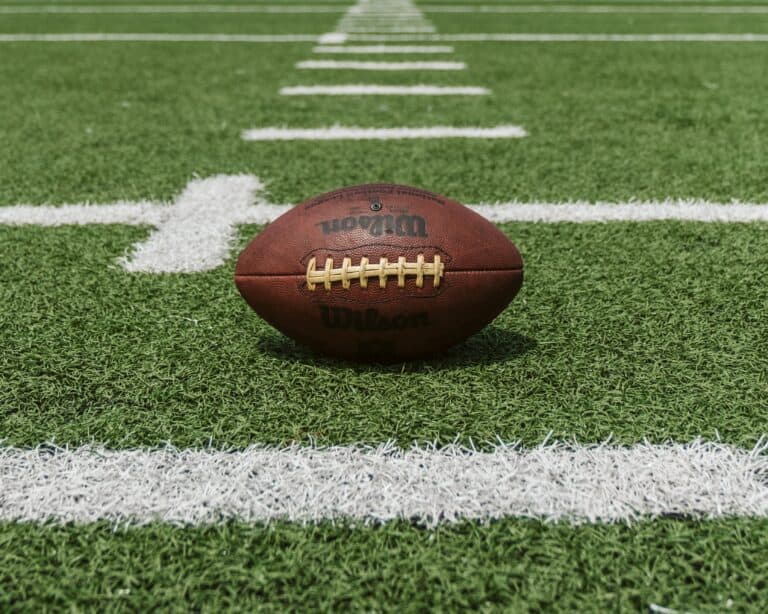
Alex Blutman is a student at Harvard Law School and a member of the Labor and Employment Lab.
Democratic senators introduced a bill on June 9 that would prohibit the appropriation of federal funds for the 2026 World Cup, which the U.S. is set to co-host, “until the date on which the United States Soccer Federation agrees to provide equitable pay” to the members of the men’s and women’s U.S. national soccer teams. The U.S. Women’s National Team has been in a long running dispute over claims of discrimination in pay based on sex, with that litigation now set for appeal. A fact sheet published for the Give Our Athletes Level Salaries (GOALS) Act states that members of the Women’s National Team make only 89% of the compensation of a similarly situated men’s player, apparently relying on an analysis by The Washington Post from 2019, which highlighted, in particular, the large gap in FIFA prize money awarded to men’s and women’s teams. Representatives of the WNT argue the Federation has an obligation to provide equal pay regardless of the discrimination at the level of FIFA. In a press conference on June 15, USSF president Cindy Parlow-Cone said the WNT’s request for the USSF to pay the difference between the men’s and women’s compensation for World Cup victories would likely bankrupt the Federation but that she is interested in pursuing other options, such as a hybrid pooling model that would place men’s and women’s collective prize money into a pool with both teams awarded an equal percentage of the pool each year.
With state laws set to grant name, image, and likeness (“NIL”) rights to college athletes as soon as July 1, the Senate Commerce Committee held hearings the past two weeks as Congress considers implementing federal legislation to preempt otherwise inevitable conflicts with NCAA rules and a patchwork legal landscape. The narrow discussion over NIL was in many ways overshadowed by broader concerns regarding player health and safety, suggesting that the foundation of college athletics may continue to shift in ways that treat student-athletes more like employees. Senator Cory Booker (D-N.J.), a former football player at Stanford University who last year introduced broadly sweeping college sports legislation, has insisted that federal lawmakers address issues such as gender equity, health care, and athlete exploitation. The June 17 hearing was Congress’ first opportunity to hear from current and former college athletes themselves, and testimony about the physical and mental health of student-athletes was a major theme.
“No pain, no gain” has taken on new meaning for the NFL in the past two weeks. In a years-long suit by former players alleging the league breached its duty to limit the amount and type of medications that teams’ medical staffs provided, the NFL argued that the court should deny class certification on the basis that interactions between thousands of players and hundreds of medical staff over 35 years presents too many individual questions. The proposed class of former players alleges that the league forced them to take painkillers to stay on the field, with teams pushing opioids, anti-inflammatories, and local anesthetics without required prescriptions. Meanwhile, the NFL and the NFL Players Association announced that their joint pain management committee will be funding up to $1 million in grants supporting research for alternatives to opioids for pain treatment, including cannabis and CBD. The announcement comes as more players have been asking team medical personnel about using the products for pain management and as the NFL and union loosened the league’s substance abuse policy in the new CBA reached last year.









Daily News & Commentary
Start your day with our roundup of the latest labor developments. See all
February 25
OSHA workplace inspections significantly drop in 2025; the Court denies a petition for certiorari to review a Minnesota law banning mandatory anti-union meetings at work; and the Court declines two petitions to determine whether Air Force service members should receive backpay as a result of religious challenges to the now-revoked COVID-19 vaccine mandate.
February 24
In today’s news and commentary, the NLRB uses the Obama-era Browning-Ferris standard, a fired National Park ranger sues the Department of Interior and the National Park Service, the NLRB closes out Amazon’s labor dispute on Staten Island, and OIRA signals changes to the Biden-era independent contractor rule. The NLRB ruled that Browning-Ferris Industries jointly employed […]
February 23
In today’s news and commentary, the Trump administration proposes a rule limiting employment authorization for asylum seekers and Matt Bruenig introduces a new LLM tool analyzing employer rules under Stericycle. Law360 reports that the Trump administration proposed a rule on Friday that would change the employment authorization process for asylum seekers. Under the proposed rule, […]
February 22
A petition for certiorari in Bivens v. Zep, New York nurses end their historic six-week-strike, and Professor Block argues for just cause protections in New York City.
February 20
An analysis of the Board's decisions since regaining a quorum; 5th Circuit dissent criticizes Wright Line, Thryv.
February 19
Union membership increases slightly; Washington farmworker bill fails to make it out of committee; and unions in Argentina are on strike protesting President Milei’s labor reform bill.